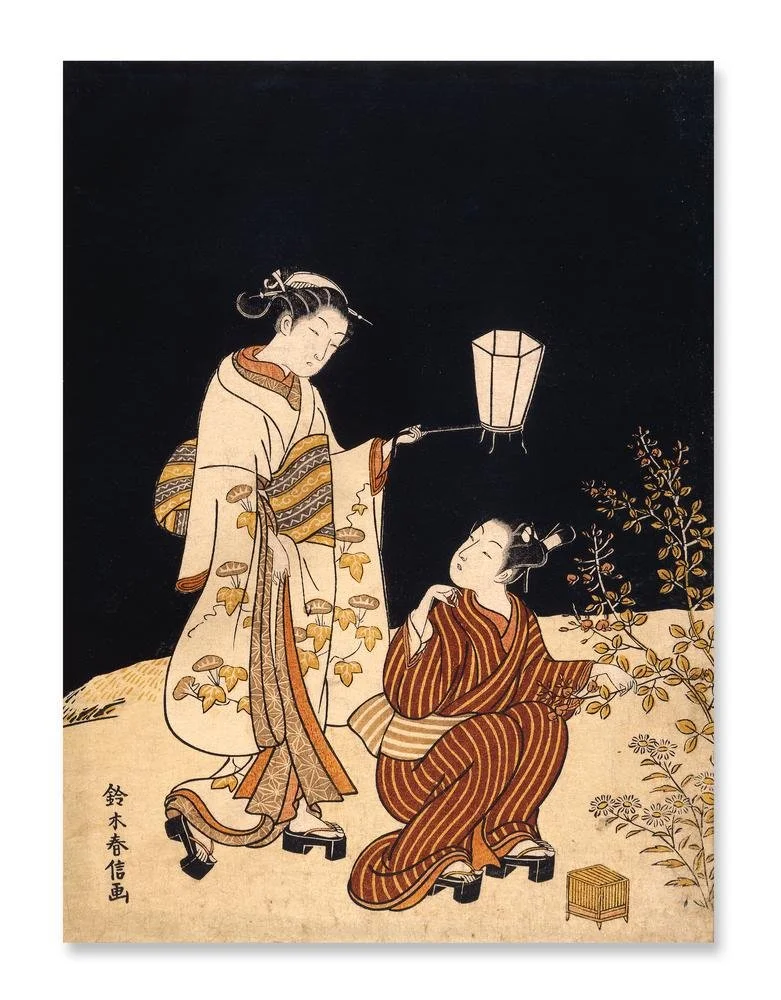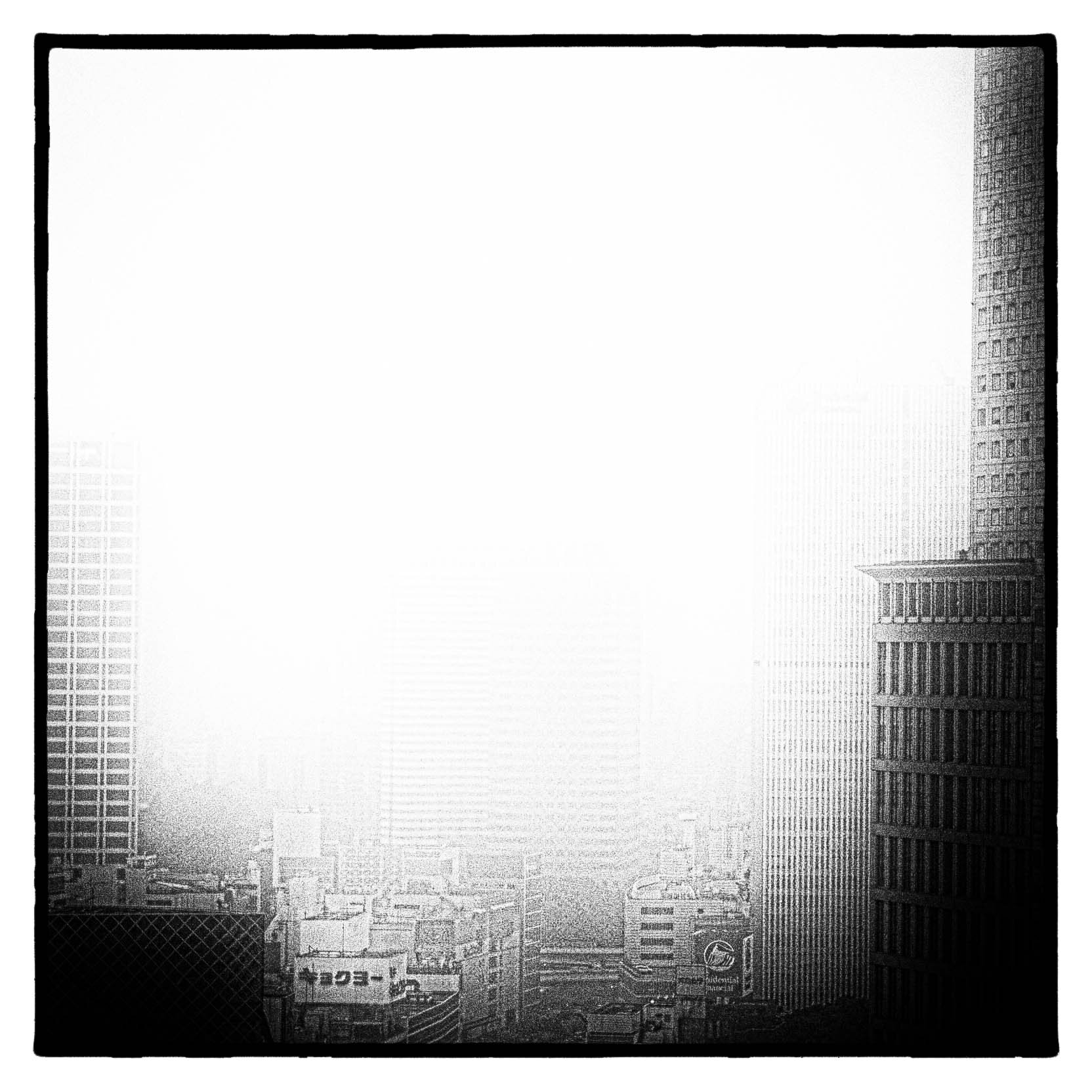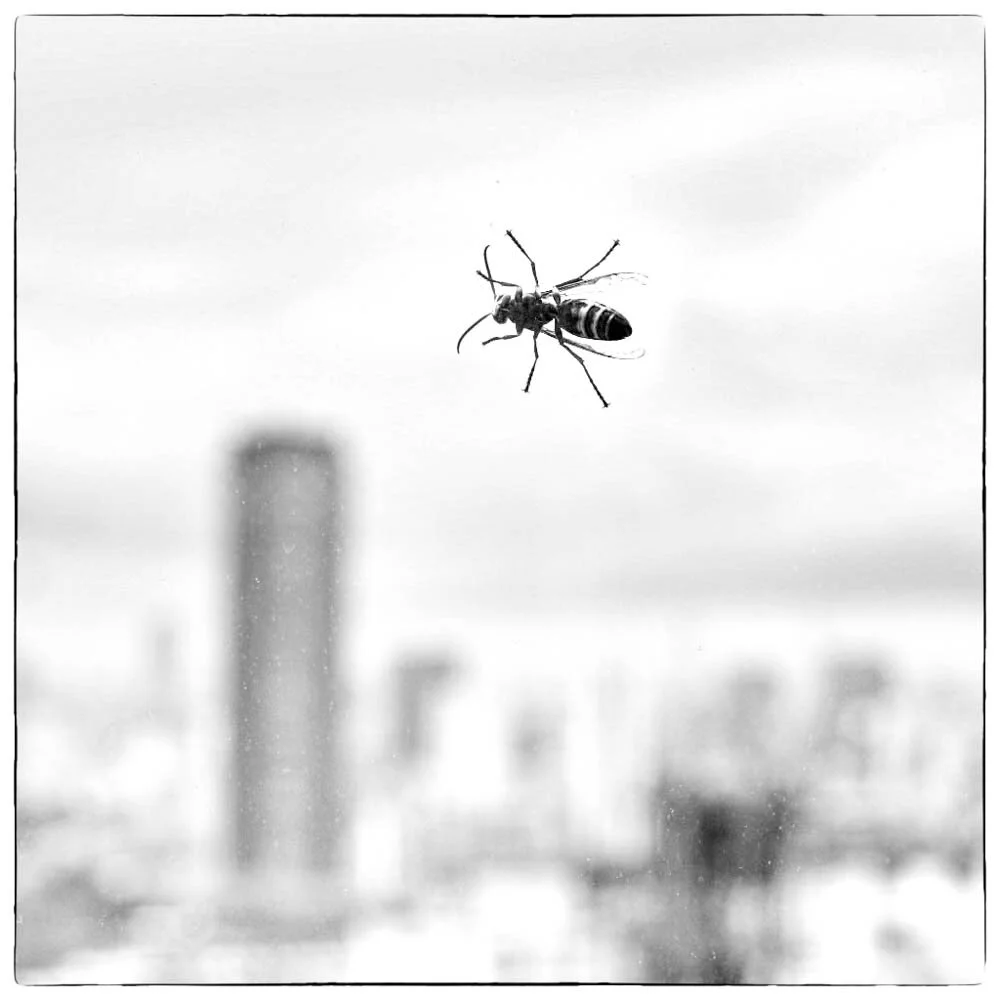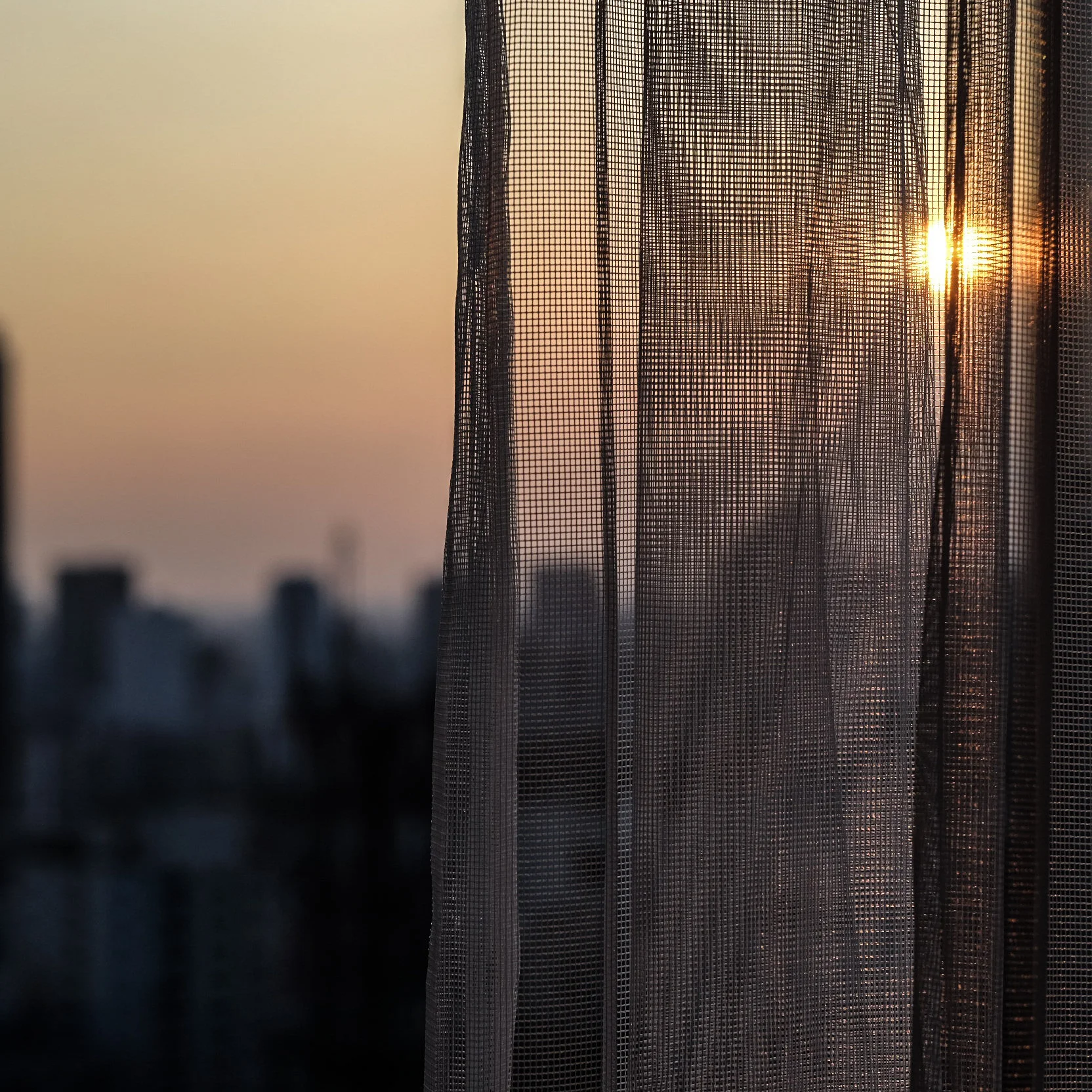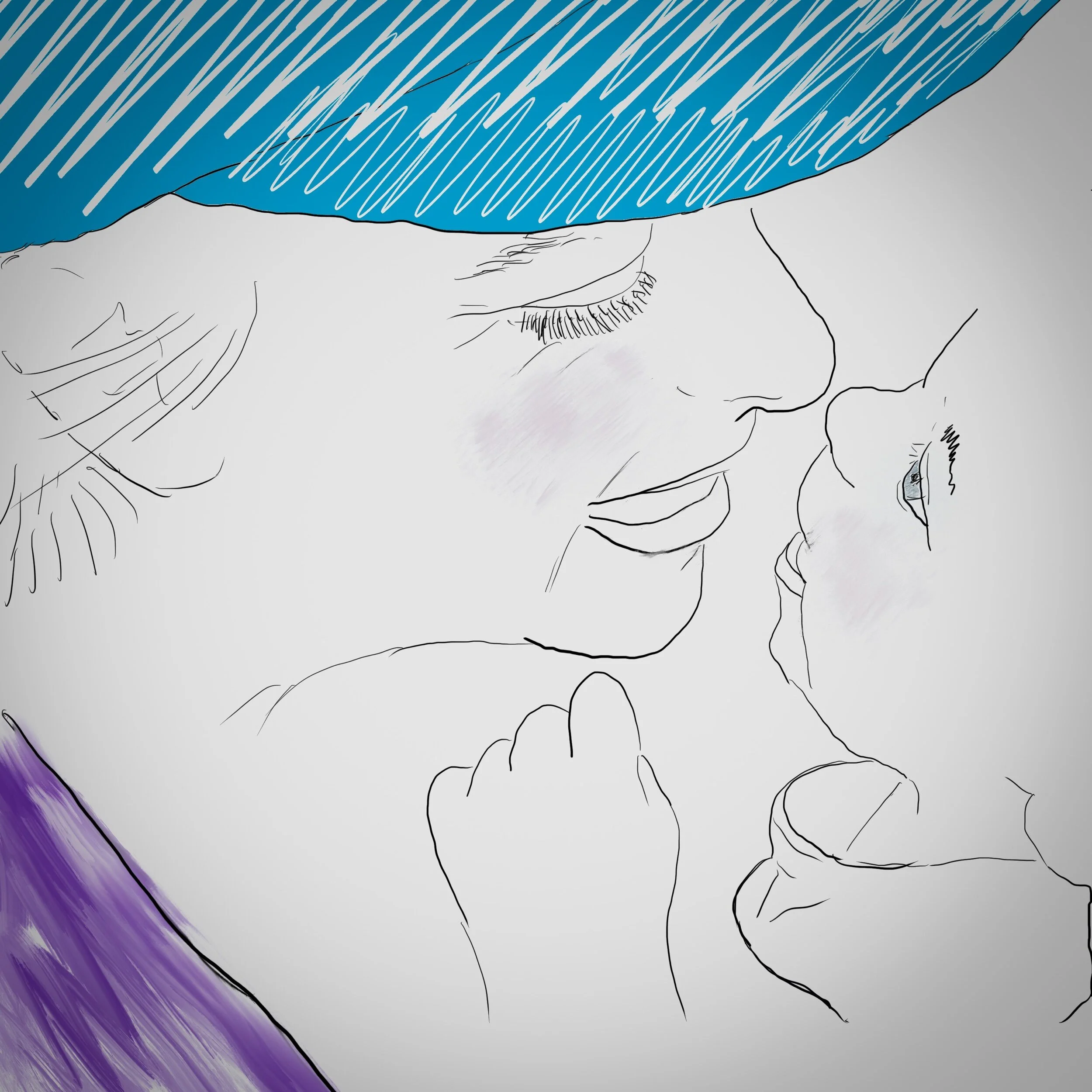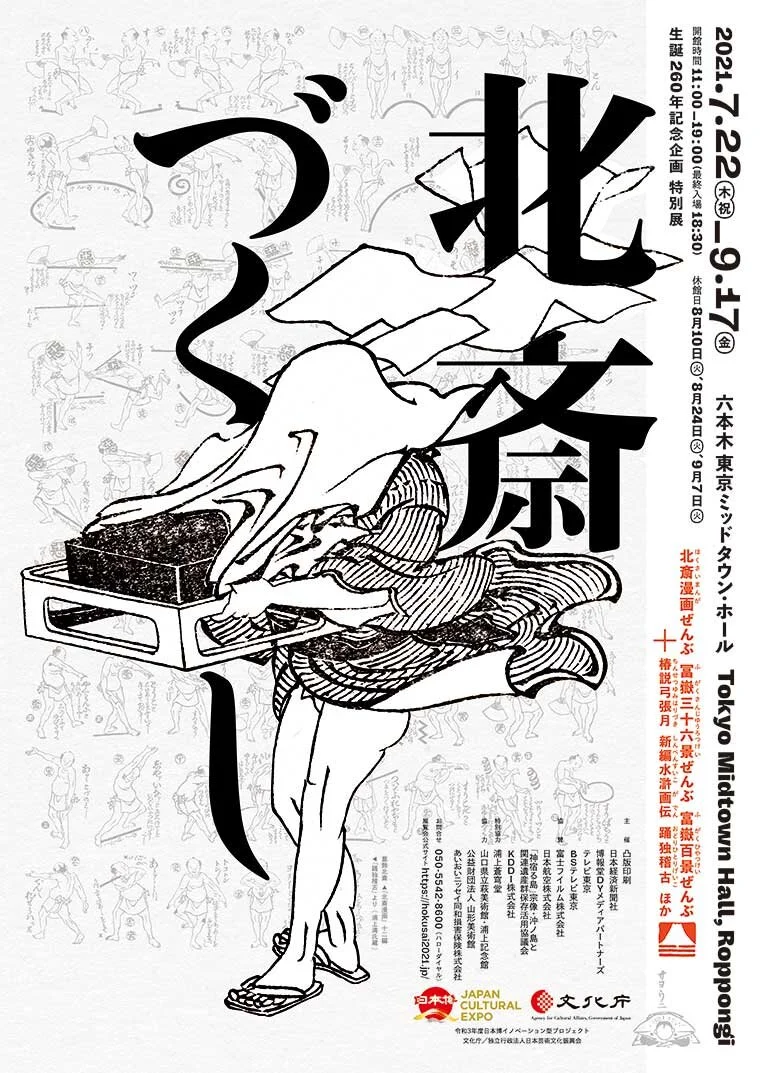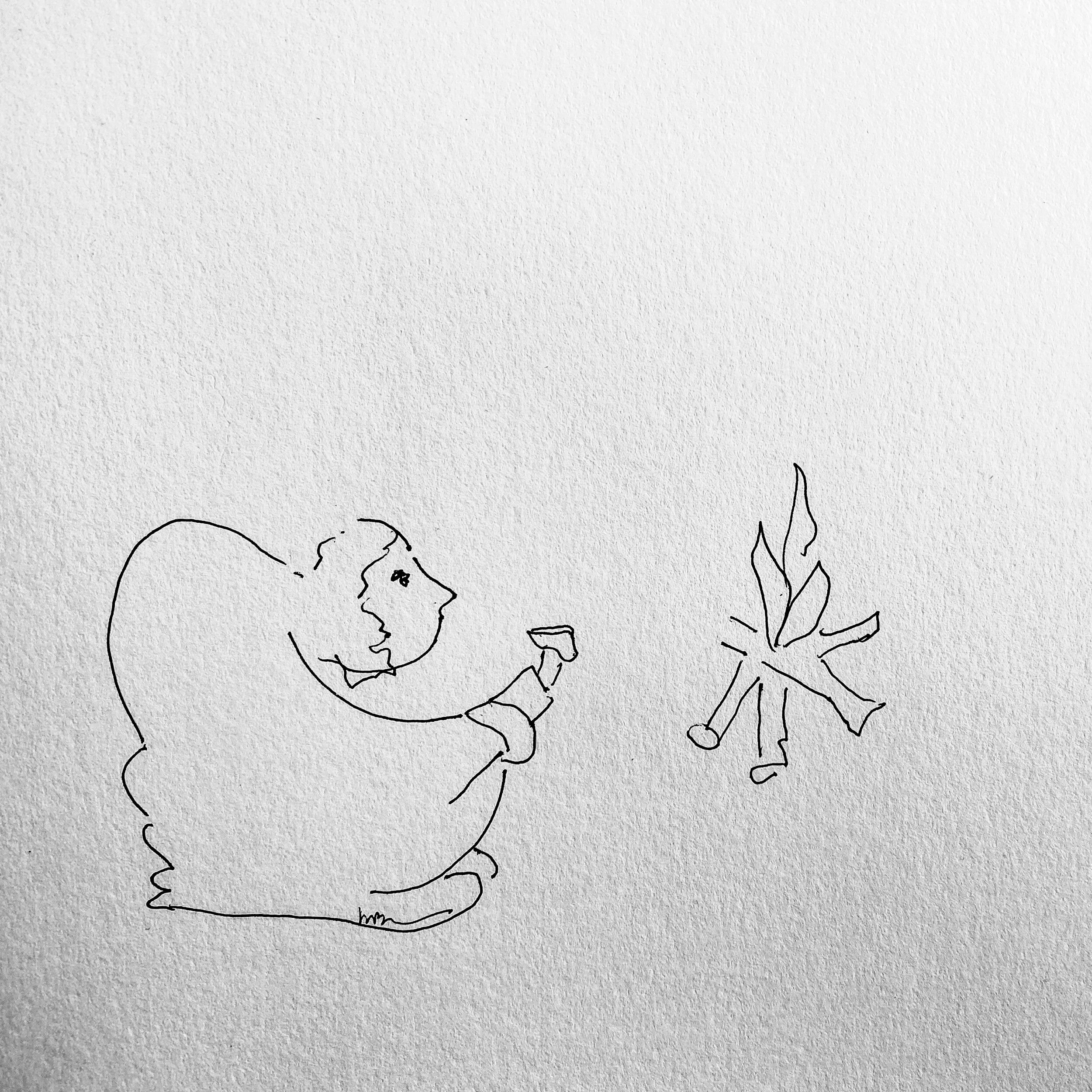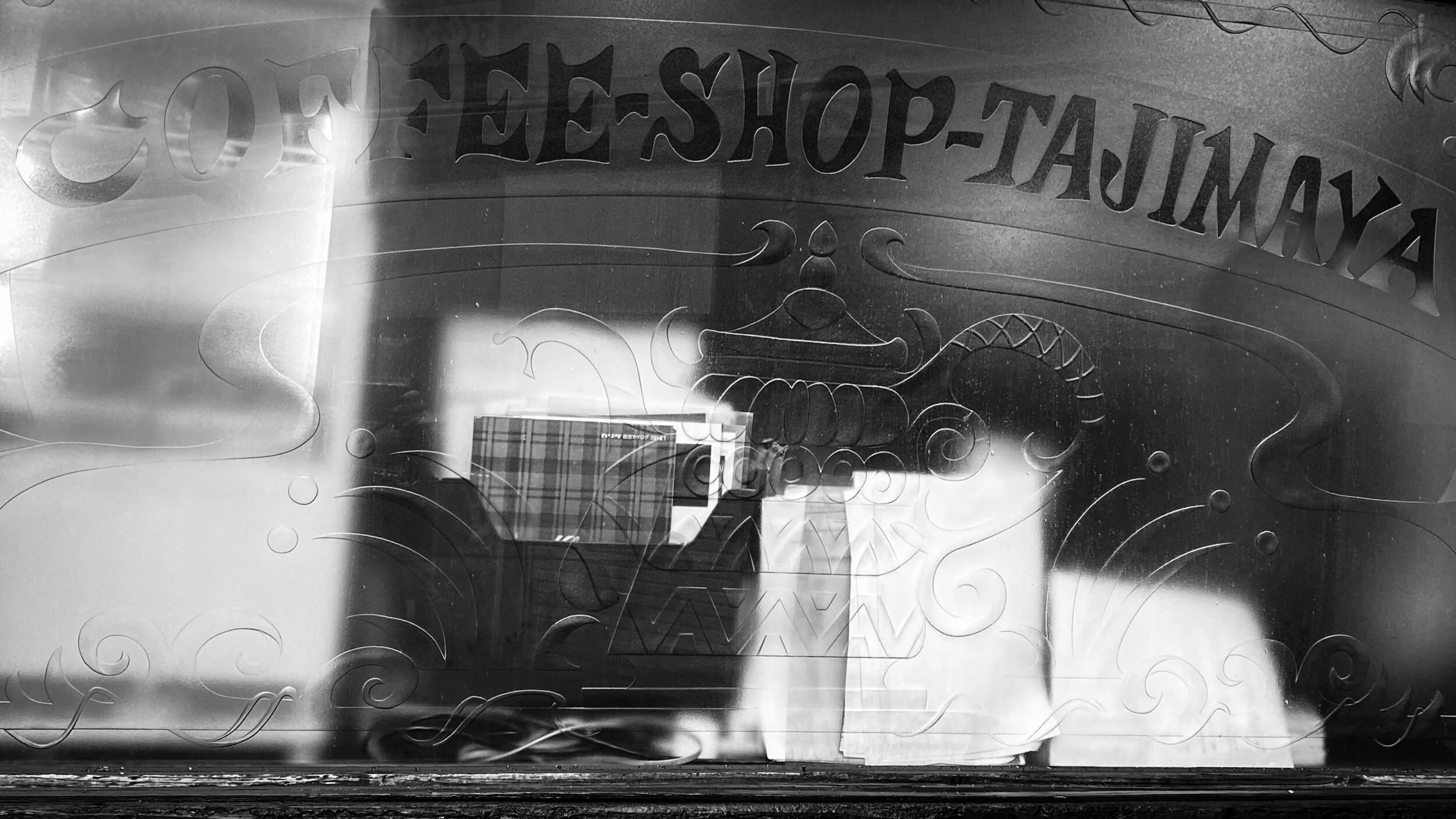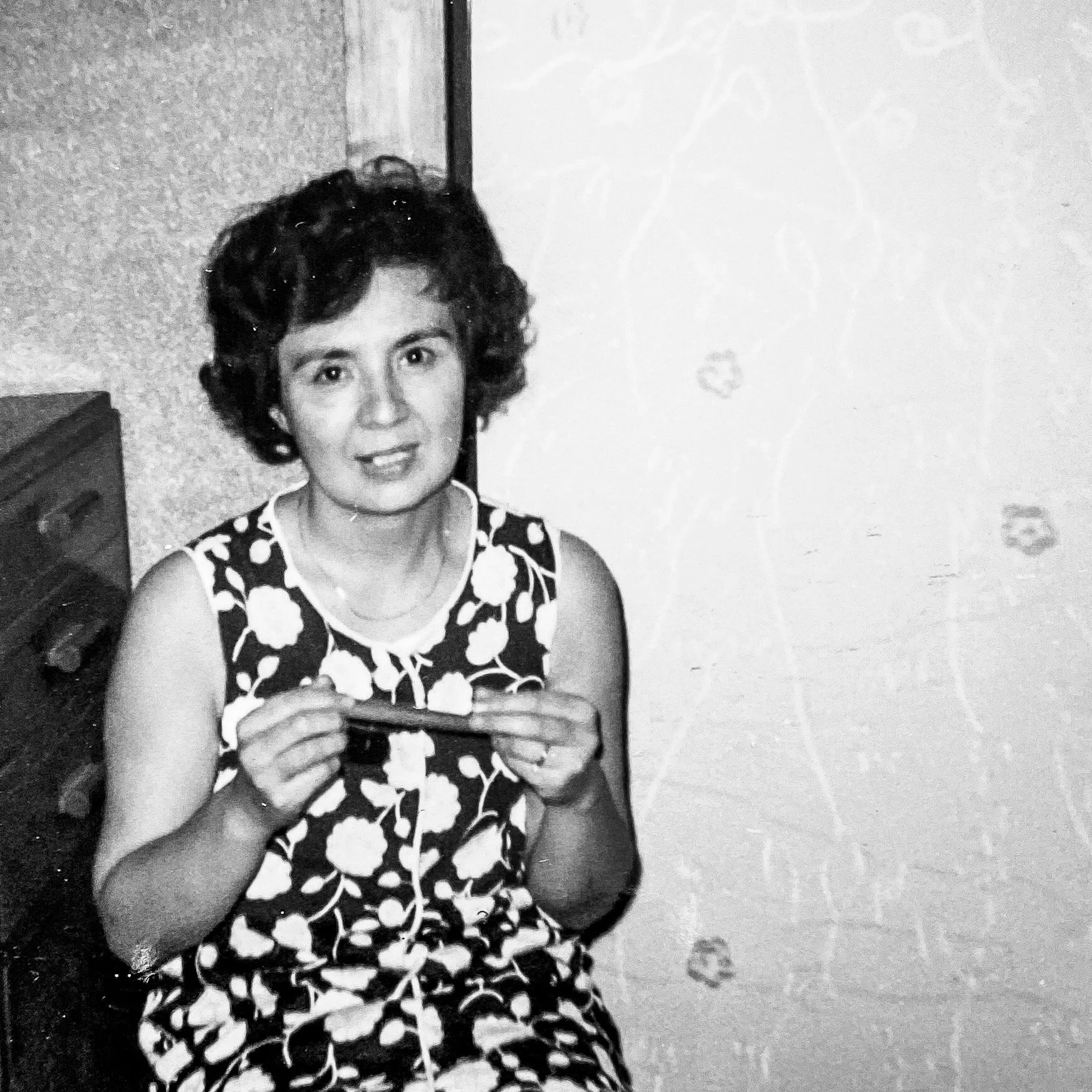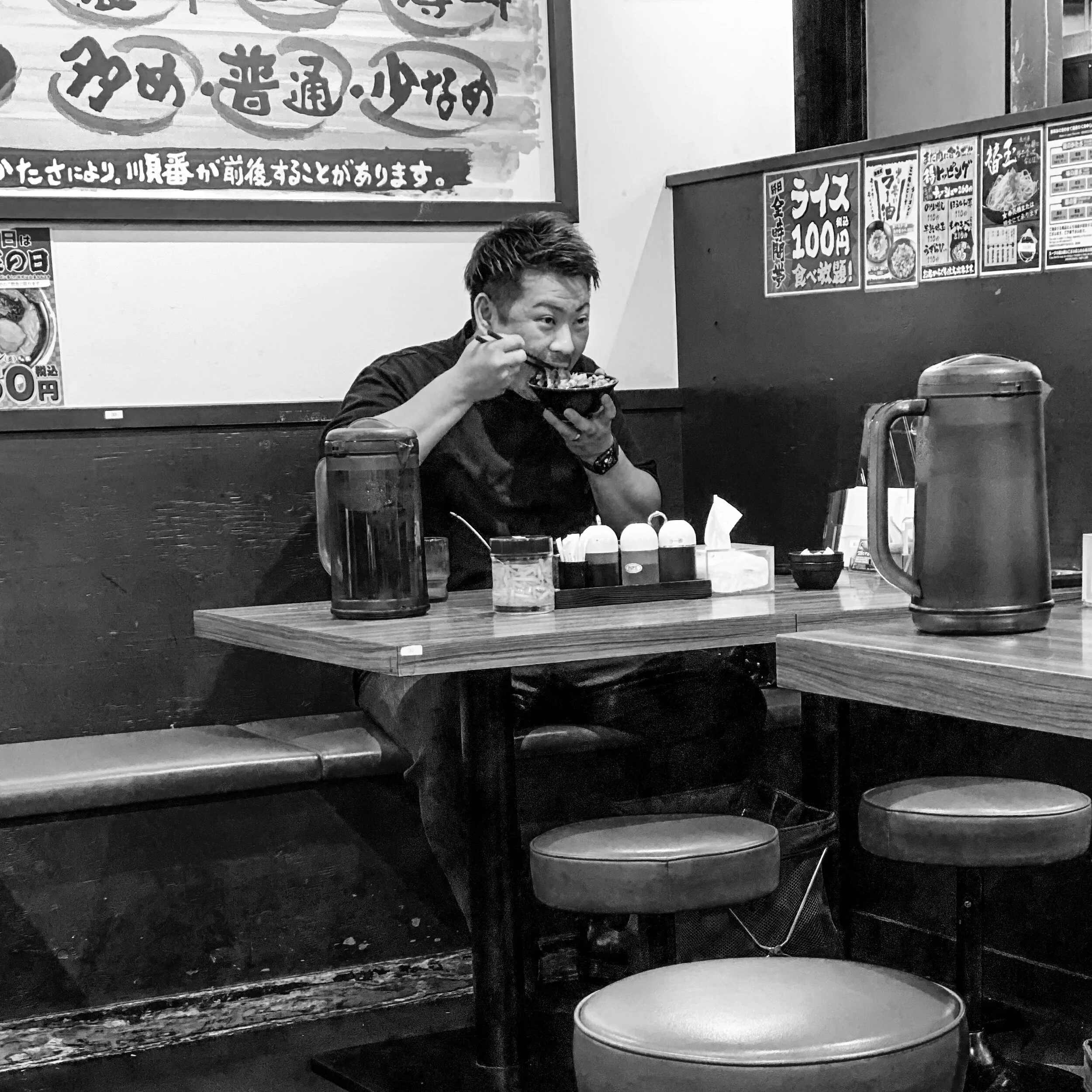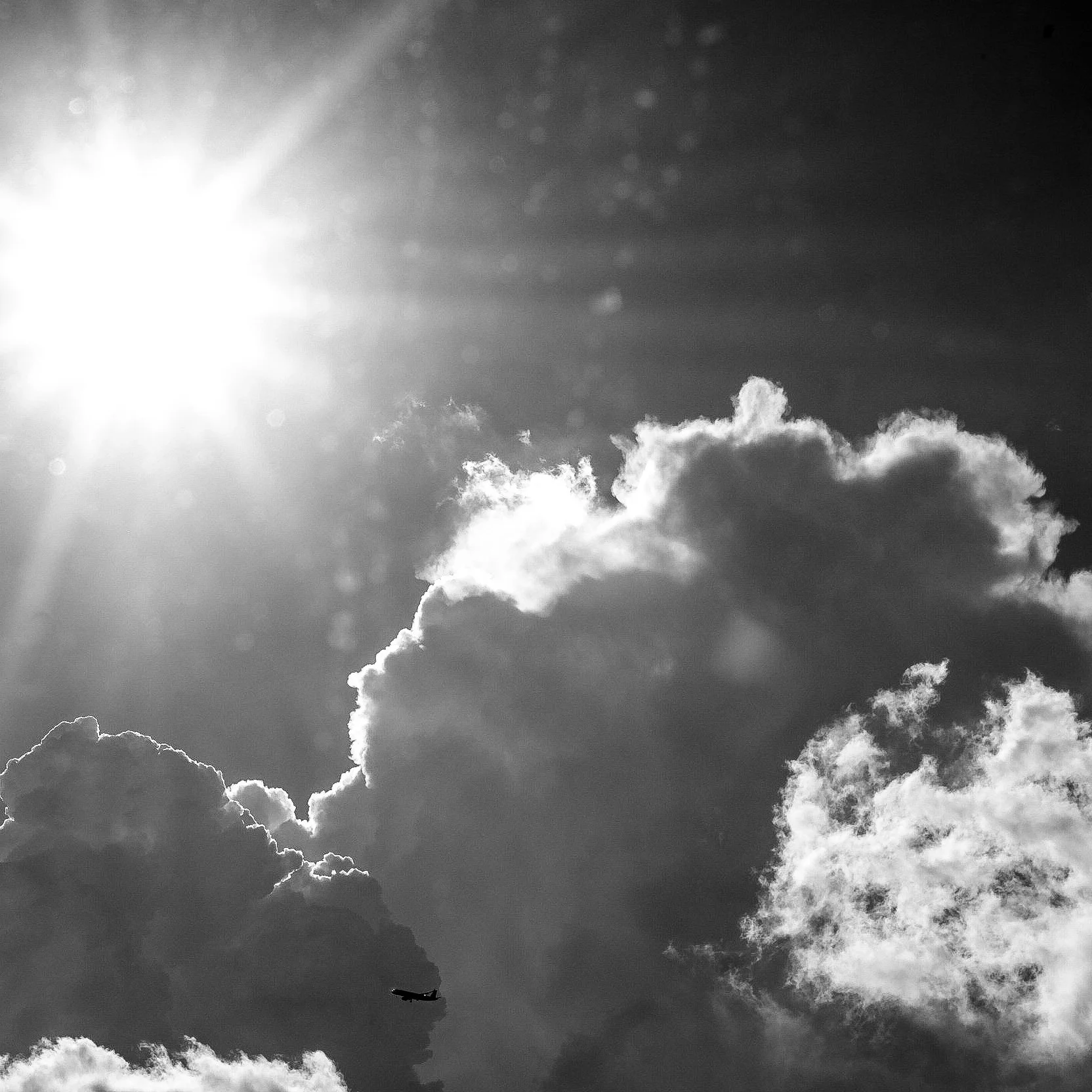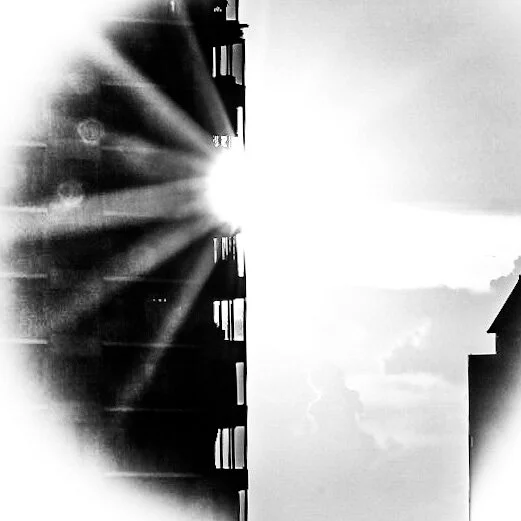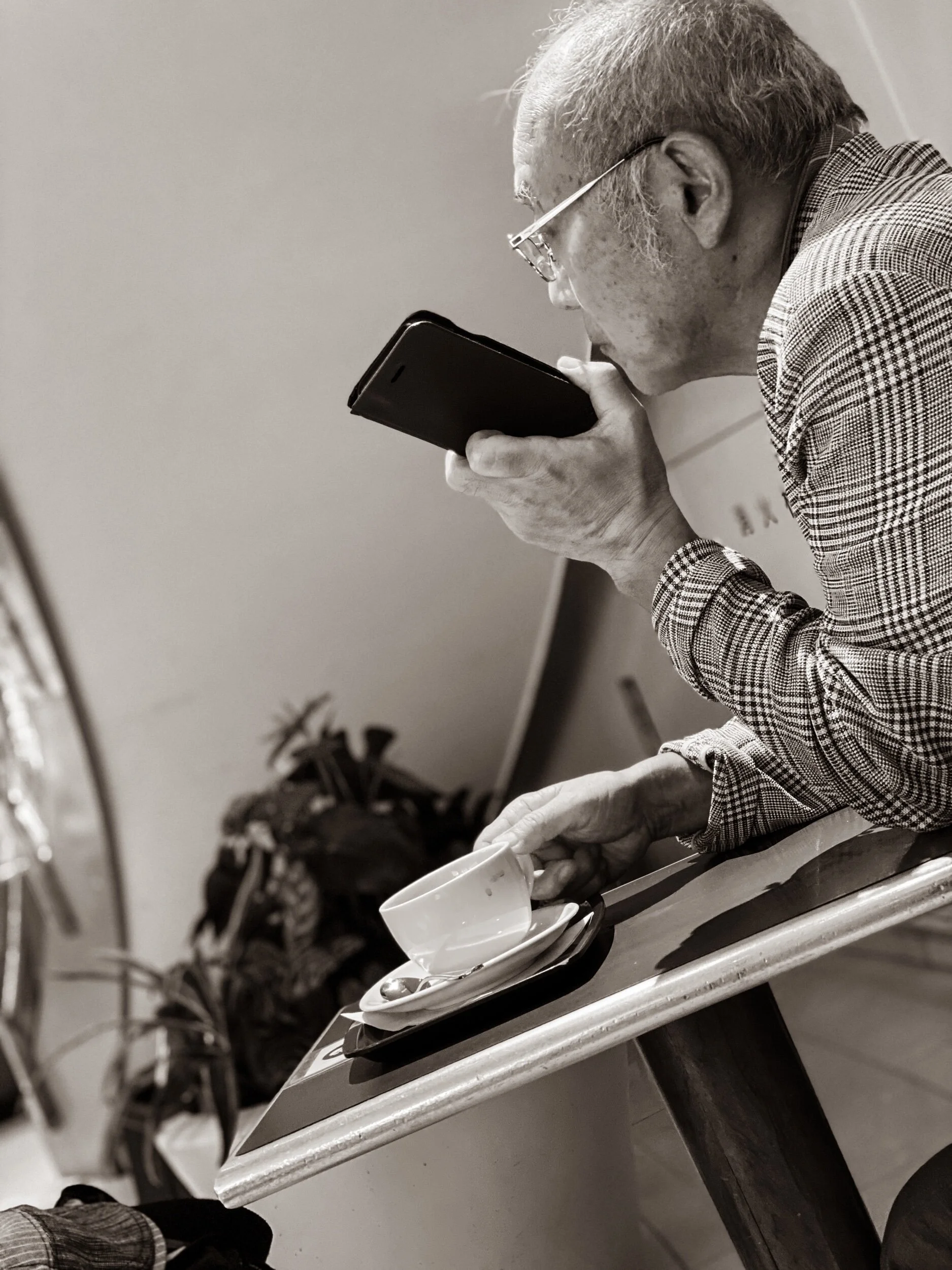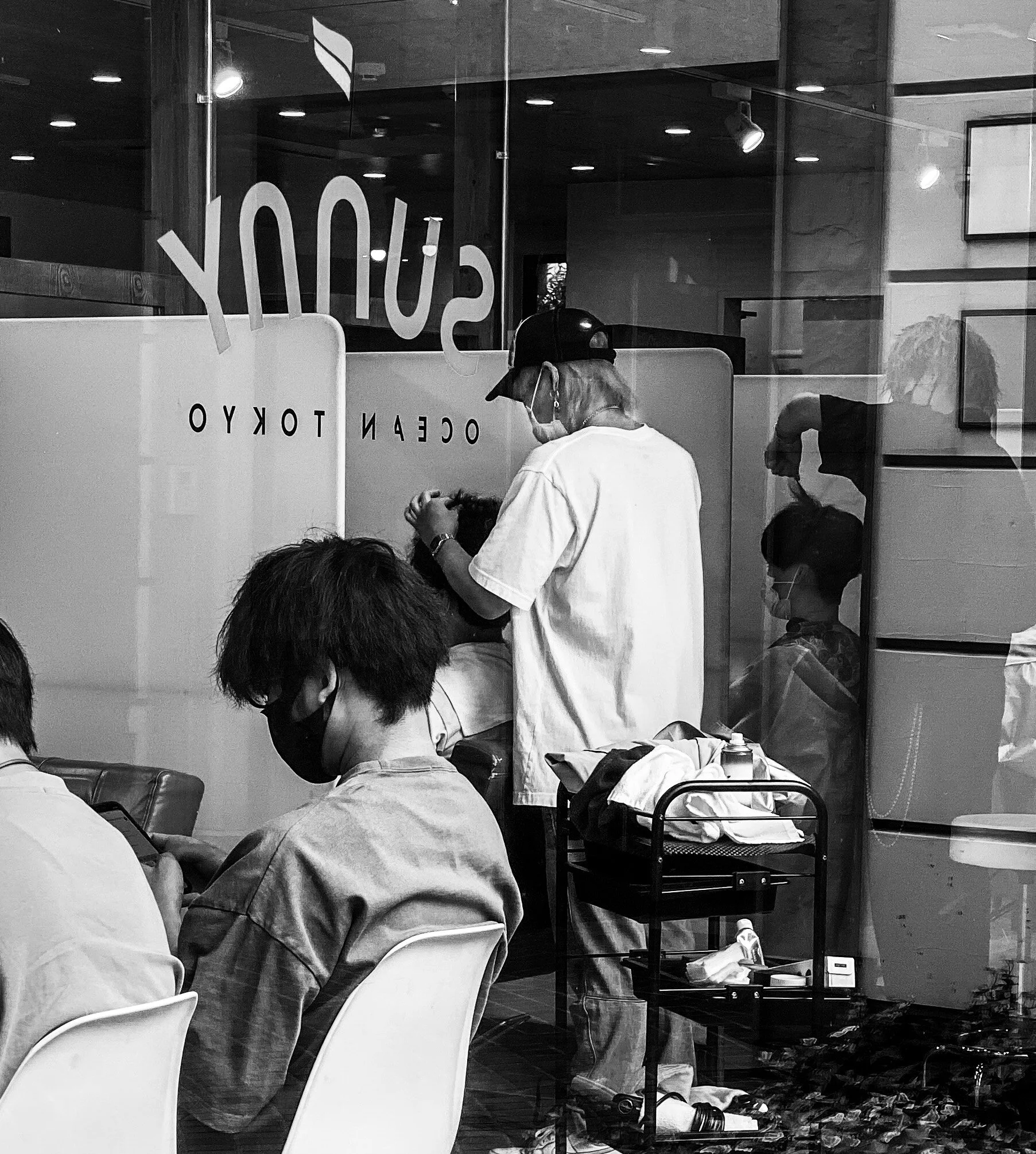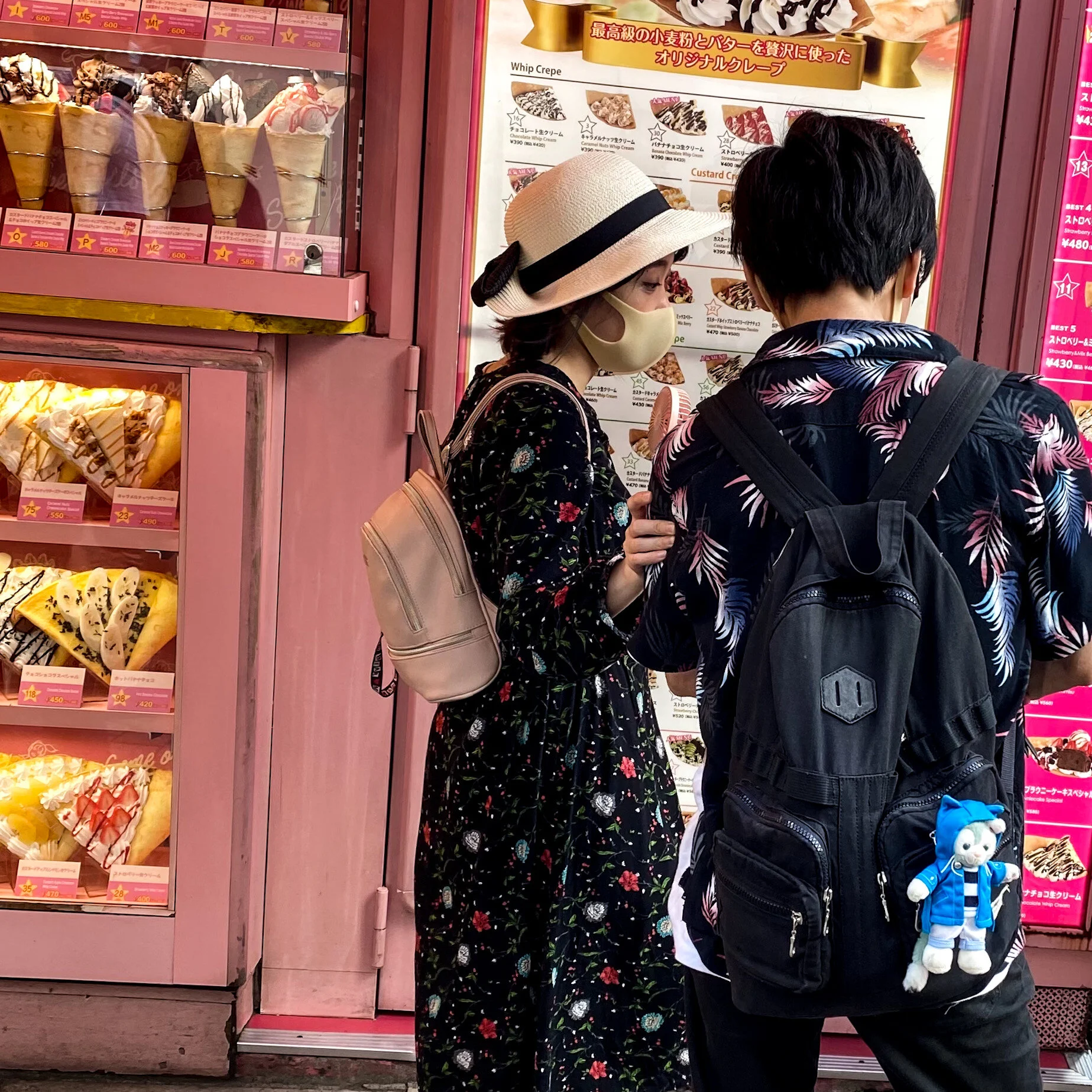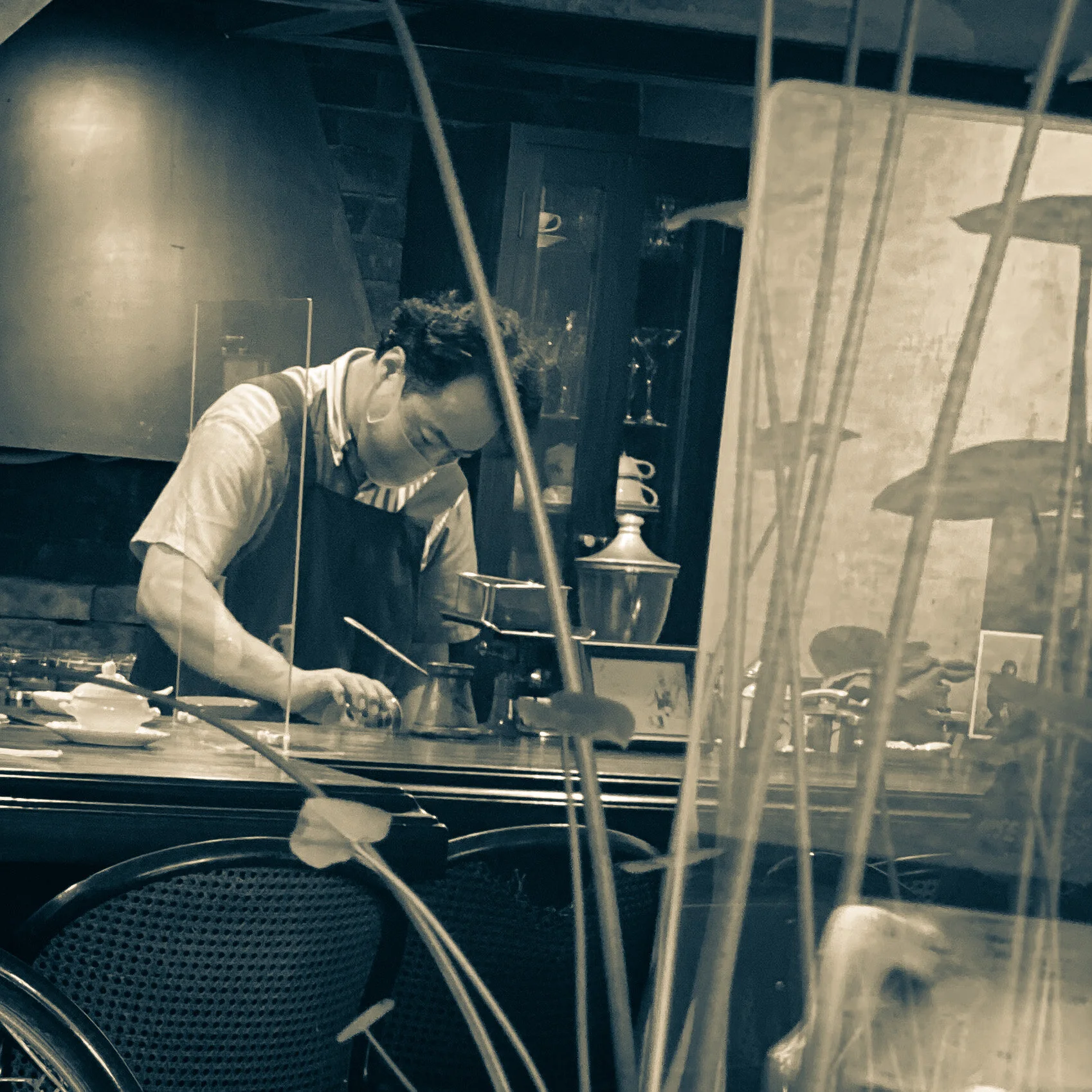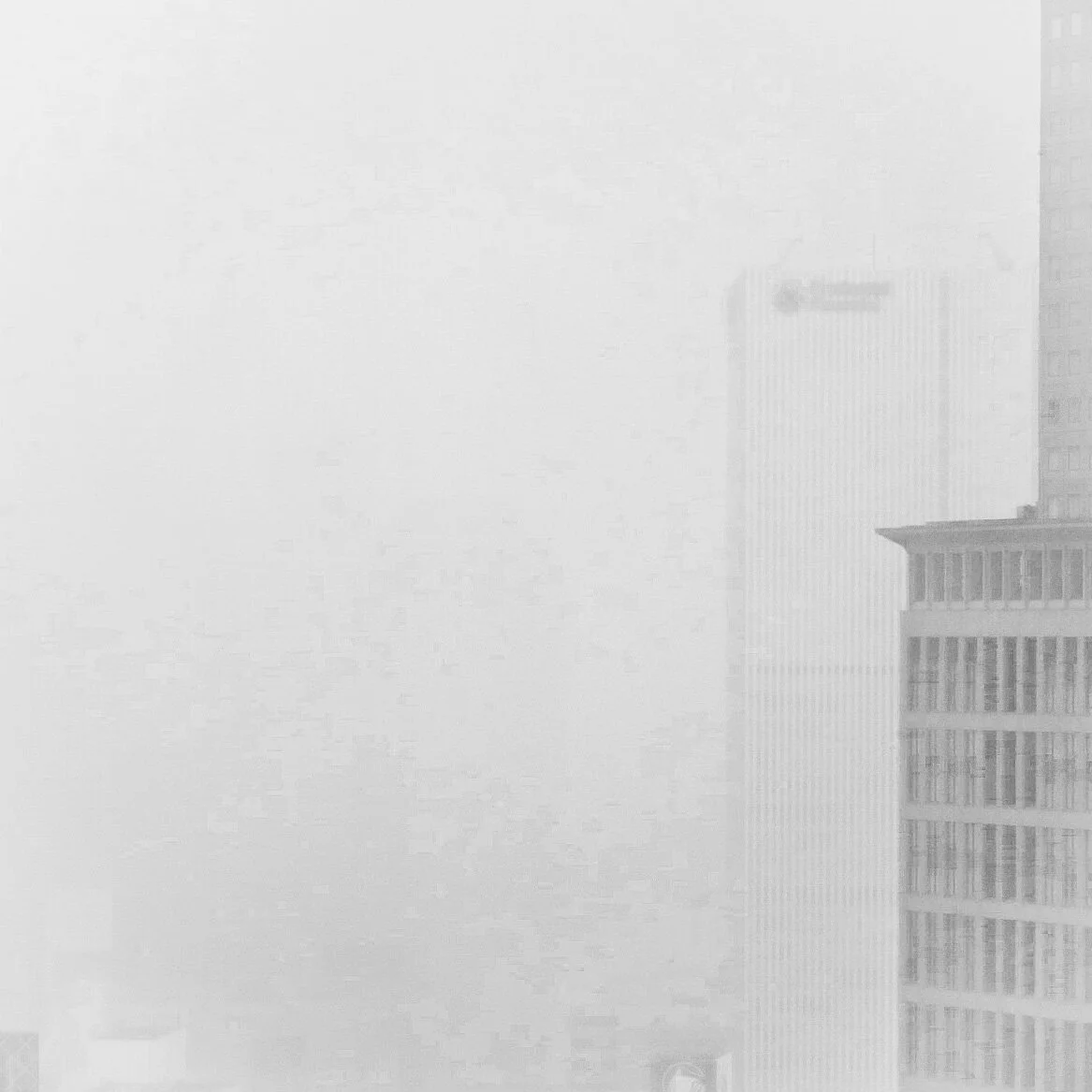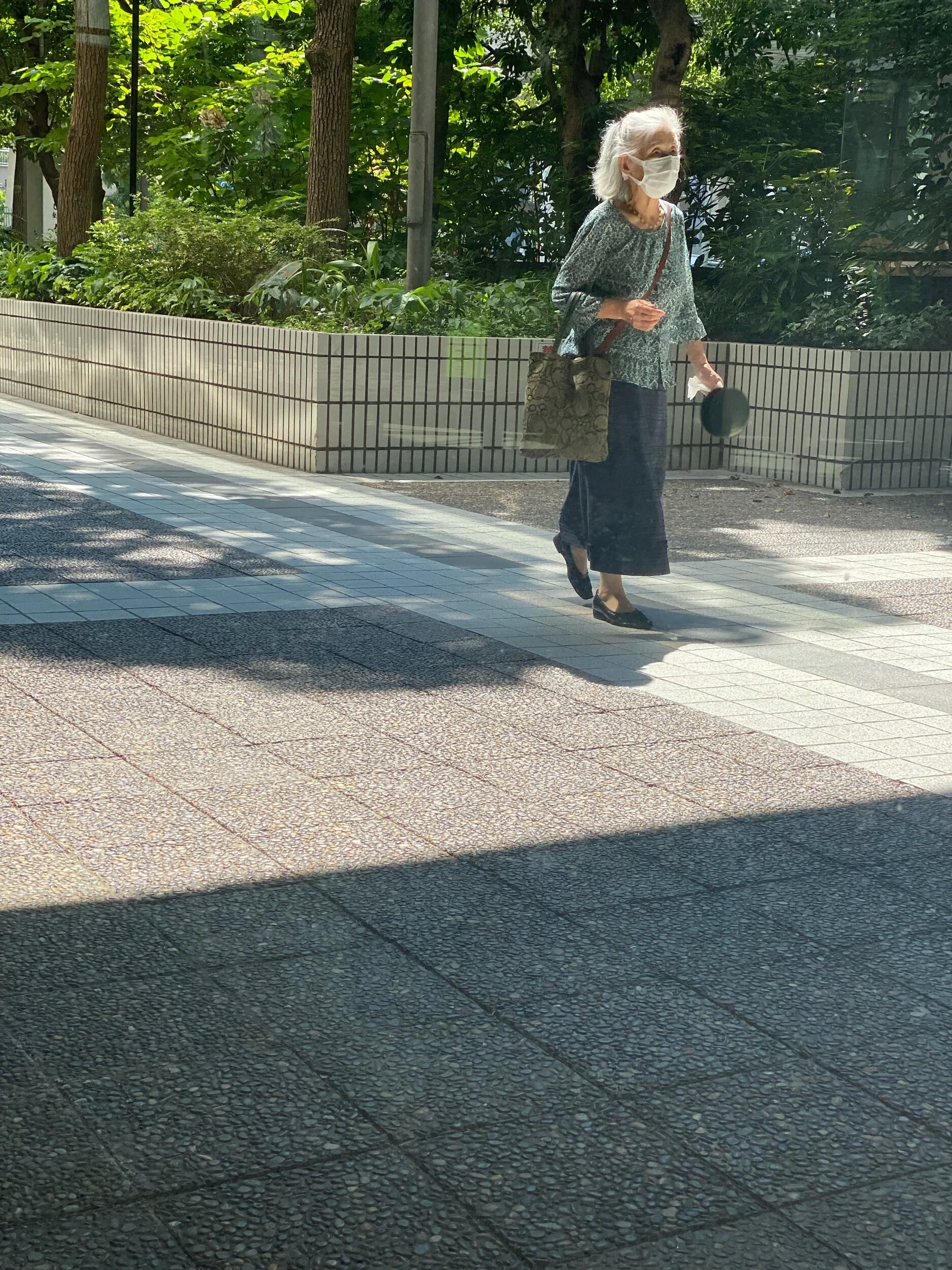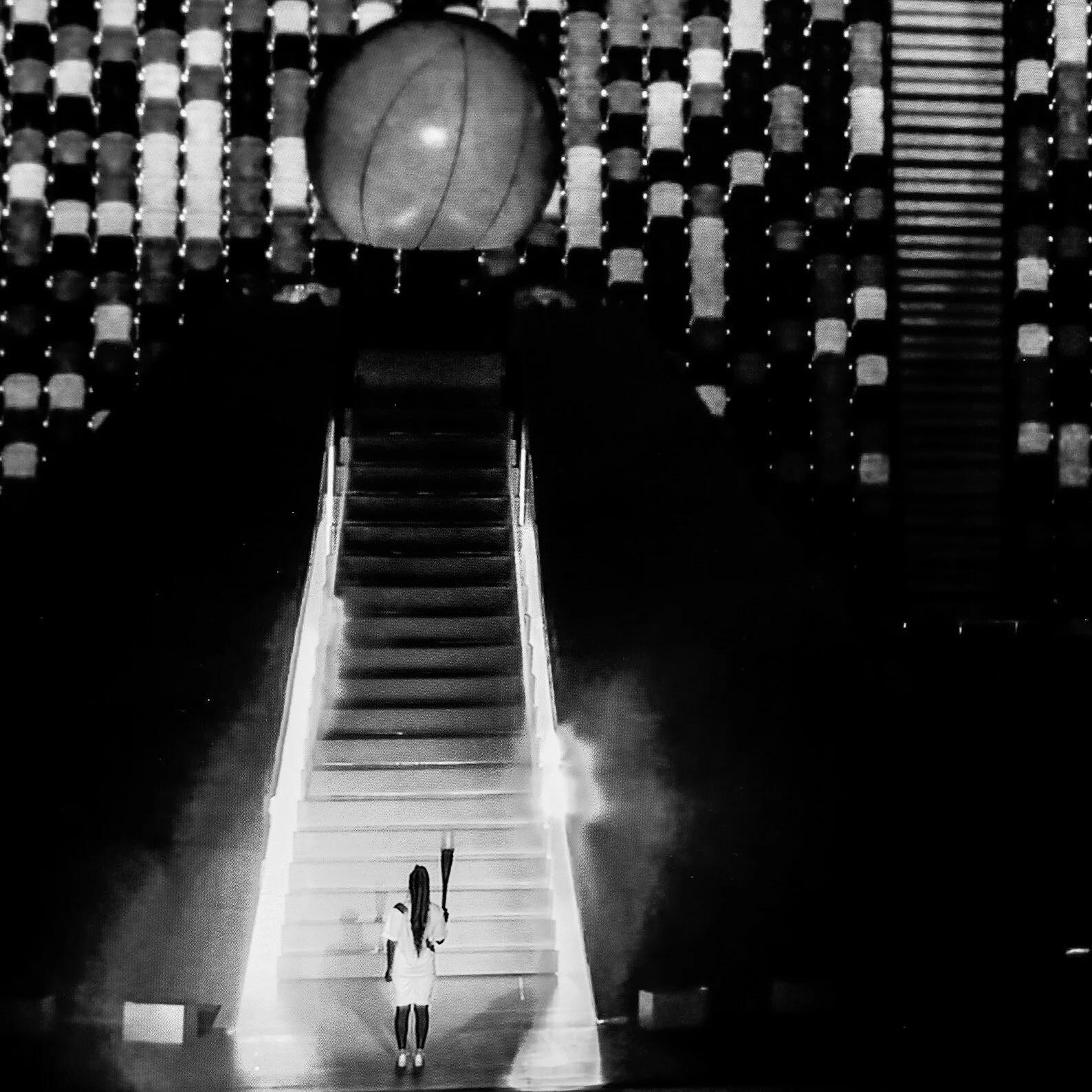Tokyo has a population of 14 million in the city, and a total of 36 million in the broader metropolitan area. Surprisingly, this huge city is one of the cleanest in the world. Still, with 4 million cars, buses, and taxis it is not surprising that the City has air pollution problems.
Air pollution is measured in PM 2.5 readings which refer to the amount of particulates in the air. Good is 0-50. Moderate is 51-100. These particulates or droplets come from combustion, which come from fireplaces, car engines, and coal and natural gas power plants. In 2019 Tokyo averaged a yearly 11.7, qualifying it to be in the “good” rating. As such, whilst Tokyo is very clean, it has some issues that may need addressing, but overall it has a good quality of air for its citizens to breathe.
These pollutants not only create dirty air, but are real health problems. Think of Beijing when in bad months the people in Beijing are warned to stay inside. Air pollutants cause immediate respiratory problems and long term cancers and heart disease.
Check out IQAir for information in your area. Encourage your city governments to stop using gas powered buses and taxis. Drive hybrid or electric cars. If you can, walk more. Ride your bike. Use solar power. Learn more about zero emission produced hydrogen energy.
Update! Today (September 2, 2021) it rained and the temperature went down. It’s only 68˚. At noon. Today the PM 2.5 is only 12.
